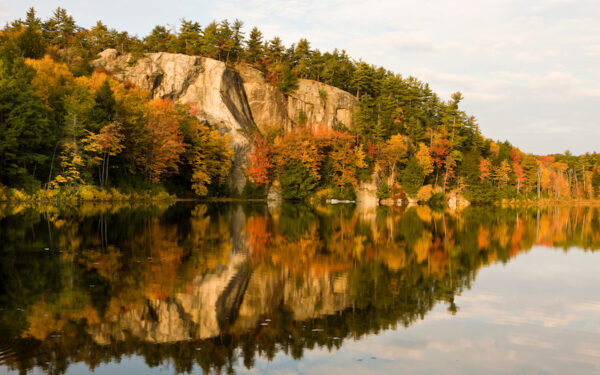Dec 06, 2024
Supercharged storms are rampaging through towns and cities like a bull liberated from a pen, crashing through a fragile utility infrastructure that, in many cases, has not changed in a century. U tility companies submit to the onslaught of storms, repair the damage, then obediently wait for more and do it all over again.
.
Dec 05, 2024
As Governor-elect Kelley Ayotte prepares for office, she has an opportunity to tackle challenges facing the health of our communities and environment.
Nov 21, 2024
Connecticut’s Clean Hydrogen Roadmap draft affirms that electricity generated from solar and wind is far more efficient and affordable .
Nov 19, 2024
These organizations are recycling a tired refrain we’ve heard every time New England takes bold steps toward 100 percent clean energy. It’s time to stop letting corporate interests try to bully us out of what’s best for our wallets, health, and future.
Nov 15, 2024
This year’s international climate conference, COP29, reminds me why local action is so critical to cutting carbon pollution.
Nov 12, 2024
The Massachusetts Department of Environmental Protection issued its response to a petition by Conservation Law Foundation calling for MassDEP to take a stronger stance on climate policy.
Nov 08, 2024
Researchers at Climate Central find that autumn is becoming warmer, with consequences for our health and the environment
Oct 30, 2024
CLF is fighting to ensure vital offshore wind projects in the Gulf of Maine are responsible and equitable.
Oct 29, 2024
The Gulf of Maine lease sale is a pivotal step in our clean energy transition and for the region to significantly reduce climate-damaging emissions.
Oct 24, 2024
Boston’s MBTA is crumbling, underfunded, and unreliable, leaving riders stranded and disconnected. These three terrifying truths reveal the haunting reality of our aging transit system, calling for urgent action to secure funding and prevent further collapse.










